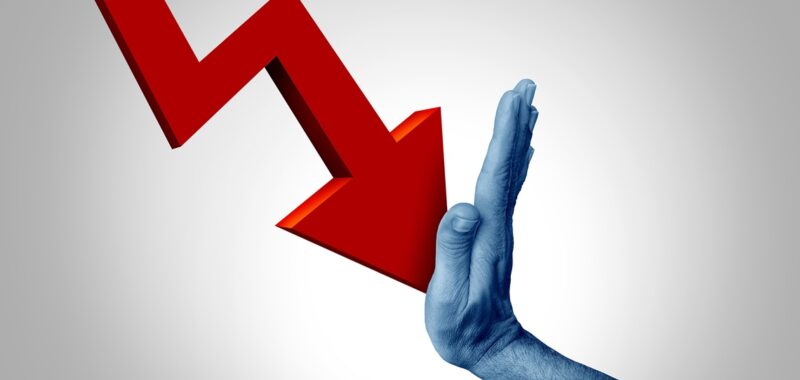Consumer sentiment continued to worsen in April, declining across all political groups with significant hurdles anticipated in multiple sectors of the economic landscape.
April’s Index of Consumer Sentiment, a survey conducted by the University of Michigan, had a final reading of 52.2, declining 8.4% from March’s 57 reading and down an eyebrow-raising 32.4% on a yearly basis from April 2024.
The index for current economic conditions read at 59.8, down 6.3% from March and 24.3% year-over-year. The index of consumer expectations read at 47.3, a 10.1% decline from March and a staggering 37.8% year-over-year decline.
Survey of Consumers Director Joanne Hsu did not mince words when providing her analysis of the readings.
“Expectations have fallen a precipitous 32% since January, the steepest three-month percentage decline seen since the 1990 recession. While this month’s deterioration was particularly strong for middle-income families, expectations worsened for vast swaths of the population across age, education, income and political affiliation.”
This is a continuation of expectations from March that reflected a decline in expectations seen across all political affiliations.
Hsu also explained that “consumers anticipated weaker income growth for themselves in the year ahead,” which, coupled with fears sparked by potentially inflationary trade policies, has some fearing the possibility of “stagflation-lite.”
April’s final reading saw inflation expectations rise significantly from 5% to 6.5%, the highest reading since 1981. This marked four consecutive months of unusually high inflation expectations—all tallying increases of 0.5% or more. Hsu explained that the inflation expectations were tagged to tariffs, stating that “inflation expectations evolved with major trade policy announcements this month. After the April 9 partial pause in tariff increases, inflation expectations ebbed but remained substantially elevated relative to March.”
Long-run inflation expectations also experienced an increase, rising from 4.1% in March to 4.4% in April, with the jump in this metric attributed to political independents.
For the full report, click here.

